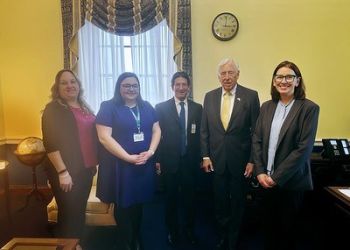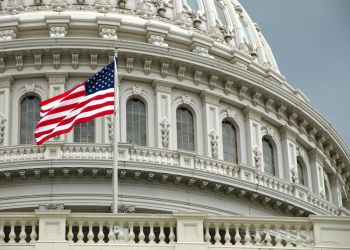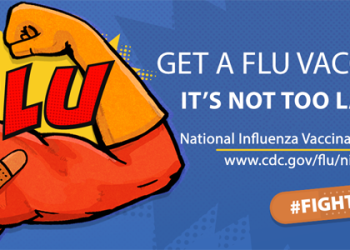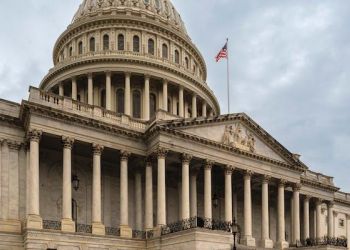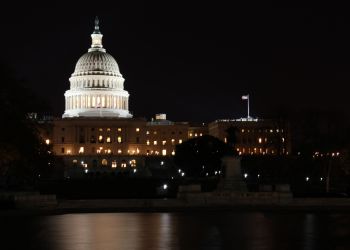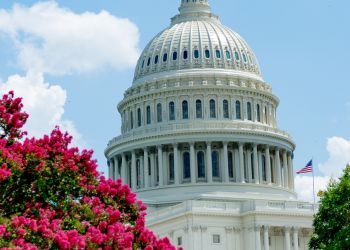As part of Fiscal Year 2024 Appropriations negotiations, you may have seen news coverage on $6.1 billion in COVID-related rescissions in the agreement reached between Senate Majority Leader Chuck Schumer (D-NY) and House Speaker Mike Johnson (R-LA). This is the second time in less than a year that recissions have been included in federal funding negotiations, with approximately $28 billion in unobligated COVID-19 funding rescinded as part of the debt ceiling deal last spring (H.R. 3746, The Fiscal Responsibility Act of 2023.)
What are rescissions?
Rescissions are provisions of law that cancel budget authority previously provided to federal agencies before it would otherwise expire. Congress can use rescissions, along with other legislative tools, to reduce federal spending. It is important to note that recissions target “unobligated” funds, meaning dollars that were previously appropriated by Congress through law, but that federal agencies have not yet formally obligated for use or that have been returned to the federal government for reassignment.
How do rescissions impact local health departments?
Recissions target federal funding that has not been obligated for its purpose. Typically, when Congress rescinds funding, federal agencies utilize funds that states and jurisdictions returned to Treasury because they did not spend them down in the allotted grant period or Congress rescinds funds that had not yet been granted to participating jurisdictions.
Money that has been awarded to state and local health departments is considered obligated and not the target of recissions. That said, depending on the source of funds, a recission could claw back resources from a federal agency, like CDC, that had planned to make them available to local and state health departments. An example of this is money rescinded as part of the Fiscal Responsibility Act, which clawed back resources CDC planned to use to support additional years of funding for new Disease Intervention Specialists, but at the time the law was passed those funds had not been granted out of the agency. It is extremely rare for the federal government to request funds that have been granted to jurisdictions be returned to Treasury.
What is in the current rescission deal?
As part of the deal reached by Congressional leaders, reports indicate that most of the $6.1 billion in rescinded COVID funds will be from HHS. The HHS rescissions will largely come from recent recoveries of prior obligations. This includes funds recently returned by states that were unspent at the end of their project period, and other routine reconciliations as part of the grant and contract closeout process. Because these are largely recently recovered funds, this should not have a significant impact on any activities planned as of the end of FY23.
As of this publication, the details of the FY24 rescissions have not been released to the public. However, NACCHO does not expect these negotiations will have any impact on COVID relief funds that are currently with local and state health departments. We will update NACCHO members when legislative text is published.



